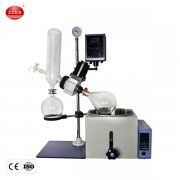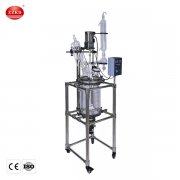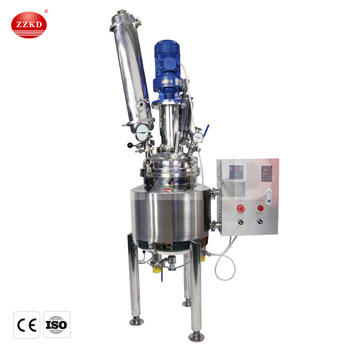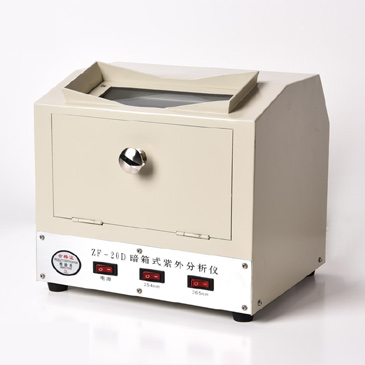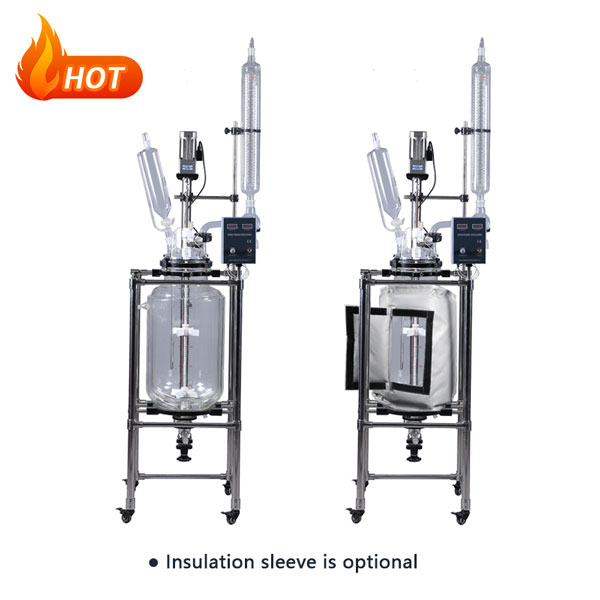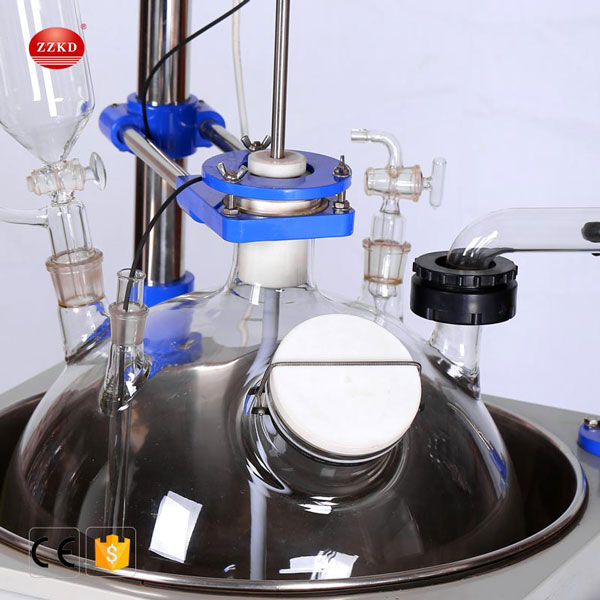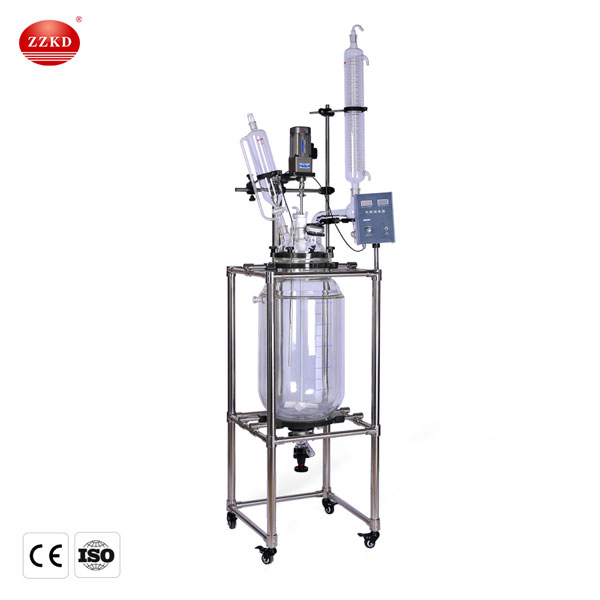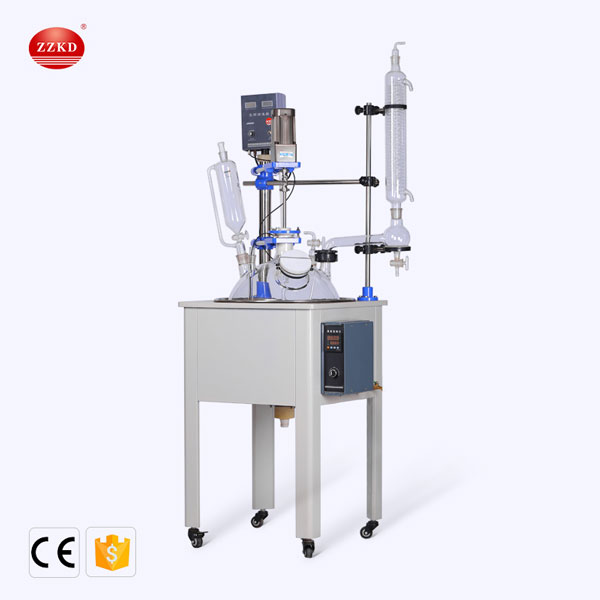Application Of Glass Bath Reactor
Glass bath reactors are widely used in various chemical industries and research labs due to their versatility and ease of use. These reactors are essentially a glass vessel that is immersed in a heated bath to maintain a specific temperature during a chemical reaction. The glass vessel allows for easy observation of the reaction progress, and the uniform heating provided by the heated bath enables fast and efficient reactions. Some of the key applications of
50L Jacketed Glass Reactors are described below:
Chemical synthesis:
Glass bath reactors are widely used in chemical synthesis, particularly for reactions that require precise temperature control. For example, a glass bath reactor can be used to perform a Grignard reaction, which involves the addition of an organomagnesium compound to a carbonyl group. The reaction is highly exothermic and requires precise temperature control, which can be achieved using a glass bath reactor.
Materials science:
Glass bath reactors are also used in materials science for the synthesis of various materials, such as metal nanoparticles, polymers, and ceramics. For example, a glass bath reactor can be used to synthesize silver nanoparticles, which have applications in fields such as medicine, electronics, and catalysis. The uniform heating provided by the heated bath enables fast and efficient synthesis of nanoparticles with high yields.
Food processing:
Glass bath reactors are used in the food industry for various applications, such as pasteurization, sterilization, and cooking. For example, a glass bath reactor can be used to sterilize food products by heating them to a specific temperature for a specific time period. The glass vessel allows for easy observation of the food products during the sterilization process.
Pharmaceutical industry:
Glass bath reactors are used in the pharmaceutical industry for various applications, such as drug synthesis, purification, and formulation. For example, a glass bath reactor can be used to synthesize a drug precursor, which can then be purified using chromatography. The glass vessel allows for easy observation of the reaction progress and the chromatography process.
Customer Use Case
Glass bath reactors are versatile tools that can be used in a wide range of applications, from chemical synthesis to materials science and beyond. The use of glass reactors allows for easy monitoring of the reaction progress and optimization of the reaction parameters, making them ideal for both research and industrial applications.
Case 1 of Glass Bath Reactor:
One example of the application of glass bath reactors is in the production of biodiesel from waste cooking oil. In a study published in the journal Fuel Processing Technology, researchers used a glass bath reactor to produce biodiesel from waste cooking oil using a two-step transesterification process.
The glass bath reactor was used to heat the reaction mixture to the required temperature, and the reaction was catalyzed by sodium hydroxide. The reaction time and temperature were optimized to achieve the highest biodiesel yield, and the reaction products were analyzed using gas chromatography.
In the first step of the process, waste cooking oil was mixed with methanol and sodium hydroxide, which acted as a catalyst. The mixture was heated in the glass bath reactor to the desired temperature, and the reaction proceeded for a specific duration.
In the second step of the process, the reaction mixture was neutralized using hydrochloric acid and then heated again in the glass bath reactor to initiate the second transesterification step. The reaction proceeded for a specific duration, after which the reaction mixture was cooled and filtered to separate the biodiesel from the glycerol byproduct.
Result Feedback
Using these optimized reaction conditions, the researchers were able to obtain a biodiesel yield of 95%, which was significantly higher than the yields obtained using other conventional methods. The use of a glass bath reactor allowed for precise temperature control and efficient mixing of the reaction mixture, leading to a high yield of biodiesel with minimal side reactions.
Case 2 of Glass Bath Reactor:
Another application of glass bath reactors is in the production of nanoparticles. In a study published in the journal Nanoscale, researchers used a glass bath reactor to synthesize silver nanoparticles using a green chemistry approach.
In the study, waste eggshells were used as a source of calcium carbonate, which was reacted with silver nitrate to form silver nanoparticles. The reaction was carried out in a glass bath reactor with water as the heating medium. The reaction mixture was heated to a specific temperature and stirred for a specific duration to allow for the formation of silver nanoparticles.
The researchers optimized the reaction conditions, such as the concentration of silver nitrate, the amount of eggshell powder, the reaction temperature, and the reaction time, to obtain the maximum yield of silver nanoparticles with uniform size.
They found that the optimum conditions for the synthesis of silver nanoparticles were a silver nitrate concentration of 0.5 mM, an eggshell powder amount of 1.0 g, a reaction temperature of 60°C, and a reaction time of 120 min. Under these conditions, the researchers were able to obtain silver nanoparticles with an average size of 25 nm and a yield of 92%.
Result Feedback:
The use of a glass bath reactor allowed for uniform heating of the reaction mixture and efficient mixing, leading to the formation of silver nanoparticles with a uniform size distribution. The use of waste eggshells as a source of calcium carbonate provided an eco-friendly and low-cost approach for the synthesis of silver nanoparticles.

 Products
Products





